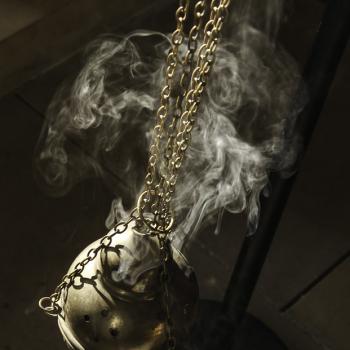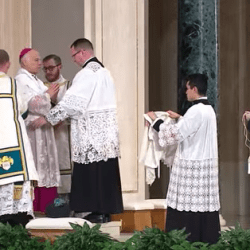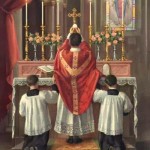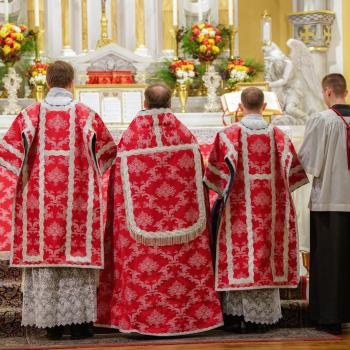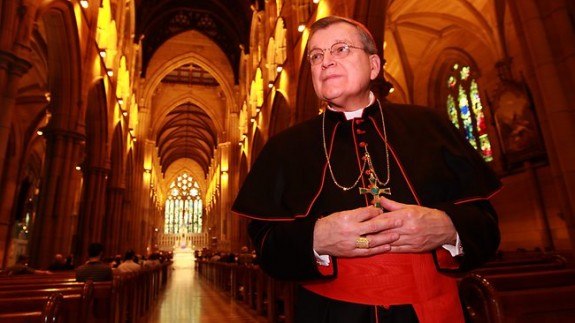
Five years ago today, 7 July 2007, the pope issued an apostolic letter expanding the use of the Tridentine Mass. Now a leading advocate for that Extraordinary Form of the Mass is sizing up the success of that effort so far.
Five years after Pope Benedict XVI lifted most restrictions on celebration of the Tridentine Mass, a senior Vatican official says that much work remains to make the traditional liturgy fully accessible to the faithful, and to bring its influence to bear on the form of the Mass most Catholics attend.
“There’s no question that there remains in certain places a resistance to what the Holy Father has asked, and that’s sad,” says Cardinal Raymond L. Burke, prefect of the Supreme Court of the Apostolic Signature and a former archbishop of St. Louis. “It’s sometimes even an expression of disagreement with the Holy Father’s discipline and even an expression that this is harmful for the church.”
With his apostolic letter “Summorum Pontificum,” issued July 7, 2007, Pope Benedict allowed priests to offer the Tridentine Mass without special permission from their bishops. The decree also provided for the establishment of “personal parishes” dedicated to the traditional liturgy, which had passed out of use amid the modernizing changes that followed the Second Vatican Council of 1962-1965…
…The reform of the Roman Missal in the period following Vatican II was “too radical,” and “went beyond, and in some senses perhaps not completely coherently with, what the council fathers had set forth,” the cardinal says.
“There was a stripping away, a changing of the form of the rite that in my judgment was too much,” he says. “You can’t take a living reality, the worship of God as God has desired that we worship him, and tamper with it without doing violence and without in some way damaging the faith life of the people.”
The use of Latin was far from the most important loss, the cardinal says, noting that even the newer form of the Mass is still regularly celebrated in the church’s universal language.
Among the other elements of tradition that Cardinal Burke hopes the church eventually will restore to the Mass in its newer version are the opening prayers at the foot of the altar, which he says provide an “immediate tie-in” to the liturgy’s Jewish heritage: the psalms once sung by the high priest in the temple in Jerusalem.
Other features of the Tridentine Mass that the cardinal would welcome in the newer liturgy include the priest softly reciting the prayers before Communion, a period of near-silence that, he explains, “draws our attention to this most sacred part of the Holy Mass”; and the closing recitation of the prologue of the Gospel of St. John, a “hymn to the redemptive incarnation” that “sets in your mind once again the great reality which you have encountered and in which you have participated.”


